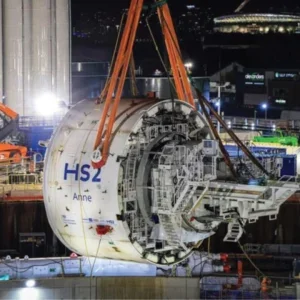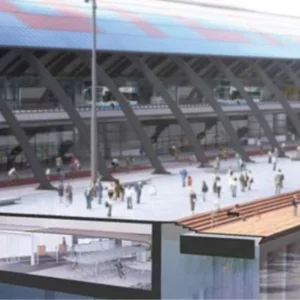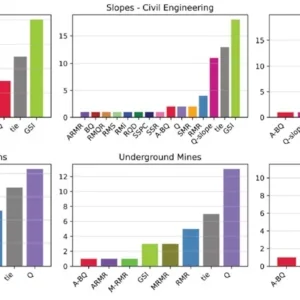The delays that hit Crossrail last month will leave the industry feeling nervous about what is to come. Awarding of the two main tunnelling contracts, C300 and C305, have been delayed until after the Government’s Comprehensive Spending Review next month. Crossrail has now said it will award the contracts early next year and also claimed the delay in awarding the contracts will not delay the start of construction.
The two running-tunnel contracts are the highest value contracts on the project and will pump a lot of much needed work into the British tunnelling market. However, postponing the contract awards until after the spending review is leading many to fear that project may not survive the chopping block.
T&TI broke the story online and immediately called round to the companies bidding for the work. We were amazed that none of the bidders we spoke with had had notice from Crossrail of the delay. But the bidders were not surprised by the news, which must be telling of the atmosphere in the Crossrail offices ahead of the review.
There is still a lot of hope in the industry, and rightly so. The project has had cross-party backing, especially since it became a hot topic in the General Election earlier this year. And last minute reviews of major projects are commonplace. It happened on the Jubilee Line Extension and on the Channel Tunnel Rail Link. (CTRL).
On CTRL the review led to the project being broken into two phases. The first phase from Cheriton to north Kent went pretty much as planned, but included only limited tunnelling. The majority of the second phase was tunnelled to bring the high-speed line to St.Pancras in north central London.
There is scope to do the same with Crossrail. The main running tunnels crossing London could be broken into a phase one with the major station upgrades. And the spurs and additional stations could be broken into a second phase. This would give the industry the injection in needs and help tackle the east-west congestion in London while also cutting back on some of the project cost in the short term.
There remains the risk that the project will go sour. Many people in the industry claim far too much has been invested in the project to date to back out. And while the logic works, in practice anything could happen. Again the Channel Tunnel has a precedent on this. In 1974 work began on a state-funded crossing but a change of government led to the cancellation of the project in 1975 after some 300m had been bored from the British side. It was not until 1988 that work on the project started again.
Jon Young






